A CBB60 capacitor is an important electrical component that is widely used in a variety of applications. It is a type of metallized polypropylene film capacitor that is commonly used in AC motors, air conditioners, washing machines, and other electronic devices. This capacitor is designed to provide high capacitance and low dissipation factor, making it ideal for use in high-voltage applications.
One of the primary benefits of using a CBB60 capacitor is its ability to store electrical energy. This is important in many applications, as it allows the capacitor to act as a temporary power source when the main power supply is interrupted. This can help to prevent damage to sensitive electronic components and ensure that critical systems continue to function properly. Additionally, because the CBB60 capacitor is designed to handle high voltage and current levels, it can help to improve the efficiency and performance of electrical systems.
Another important benefit of using a CBB60 capacitor is its compact size. Because these capacitors are made from thin, flexible films, they can be made much smaller than traditional capacitors made from ceramic or electrolytic materials. This makes them ideal for use in small, portable devices where space is at a premium. Additionally, their small size and light weight make them easy to install and maintain, which can help to reduce overall system costs.
When selecting a CBB60 capacitor, there are several factors that should be considered. One of the most important factors is the capacitance value. Capacitance is measured in farads (F) and represents the amount of electrical charge that the capacitor can store. In general, larger capacitance values are better for applications that require high current and voltage levels, while smaller values may be more appropriate for lower voltage systems.
Another important factor to consider is the voltage rating of the capacitor. This rating represents the maximum voltage that the capacitor can safely handle without breaking down or overheating. It is important to select a capacitor with a voltage rating that is appropriate for the application in which it will be used, as using a capacitor with a lower voltage rating than required can result in system failure or damage.



 简体中文
简体中文 English
English Español
Español عربى
عربى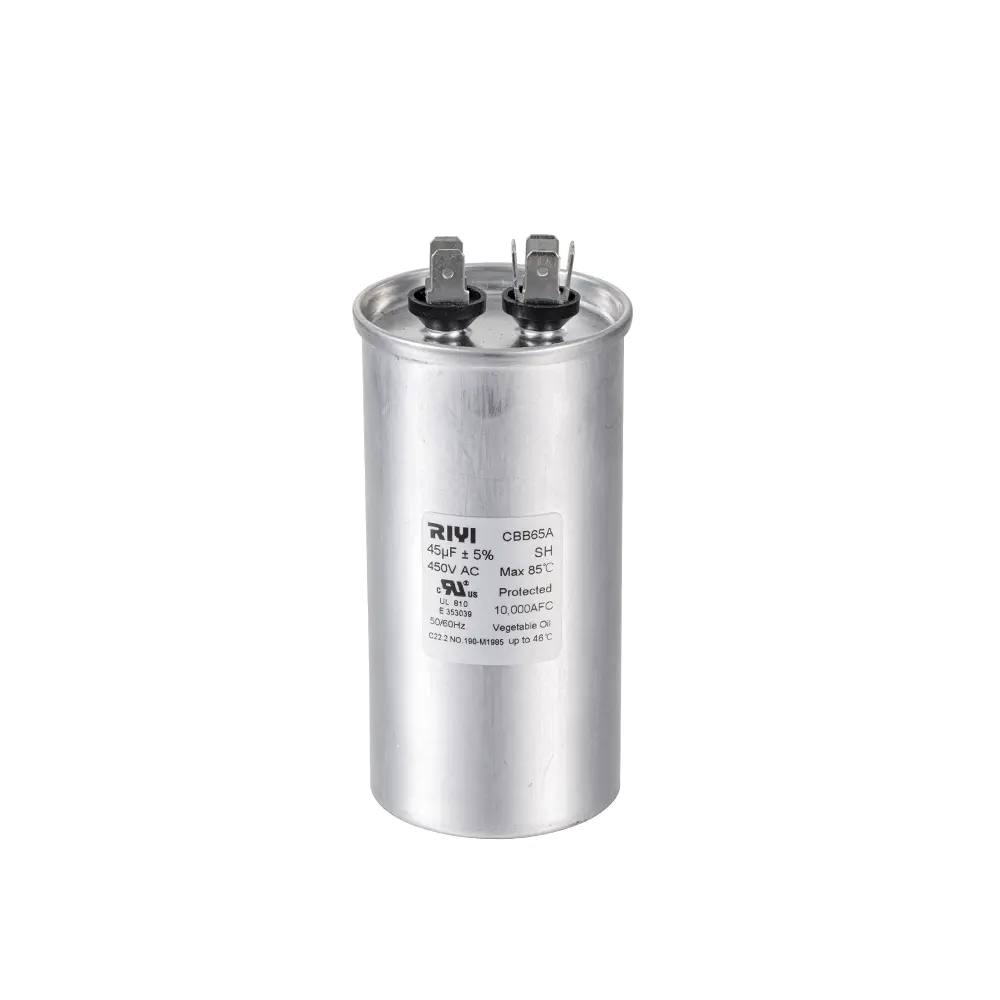
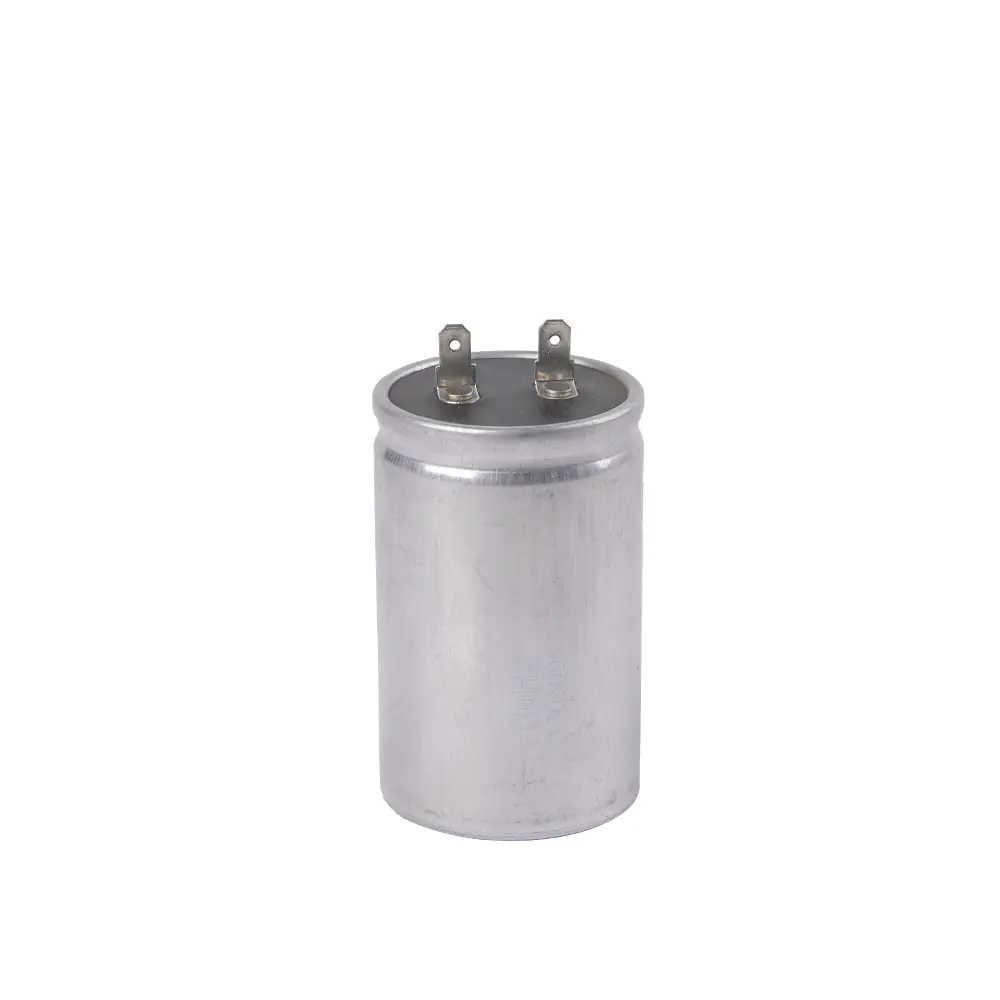
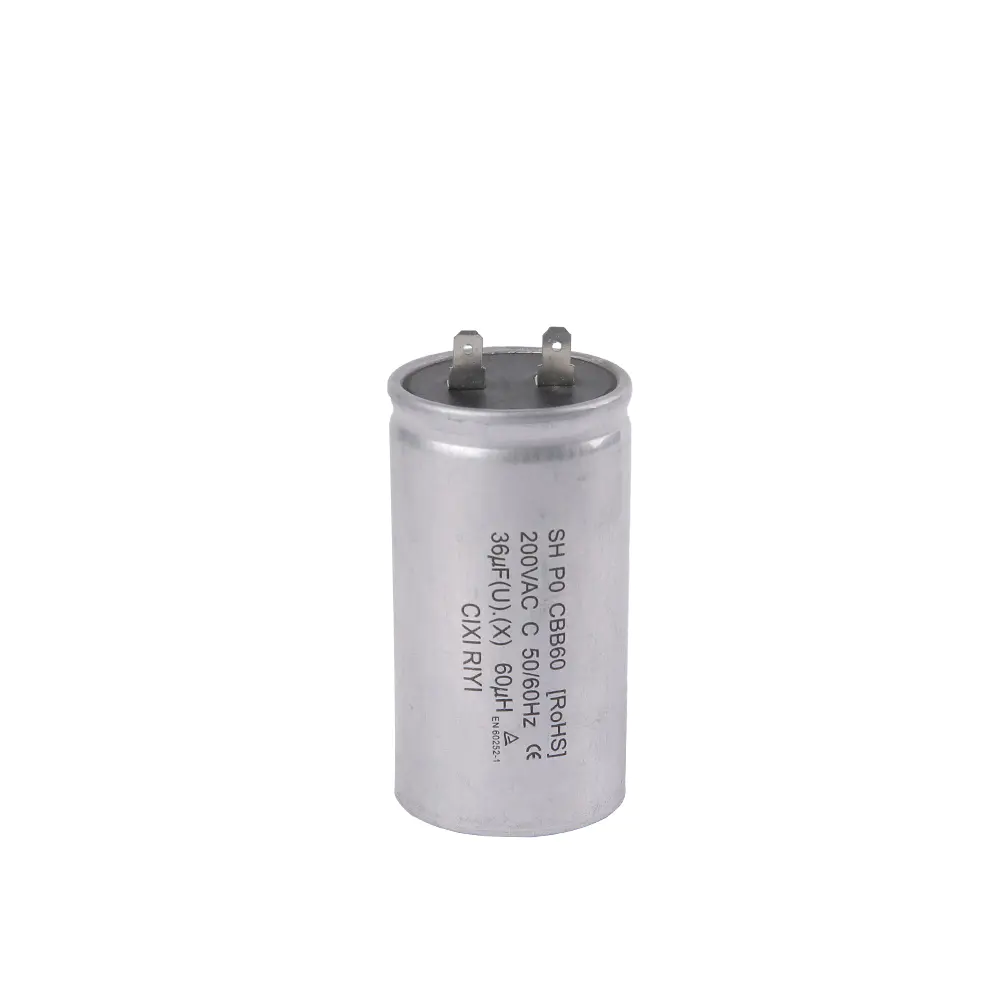
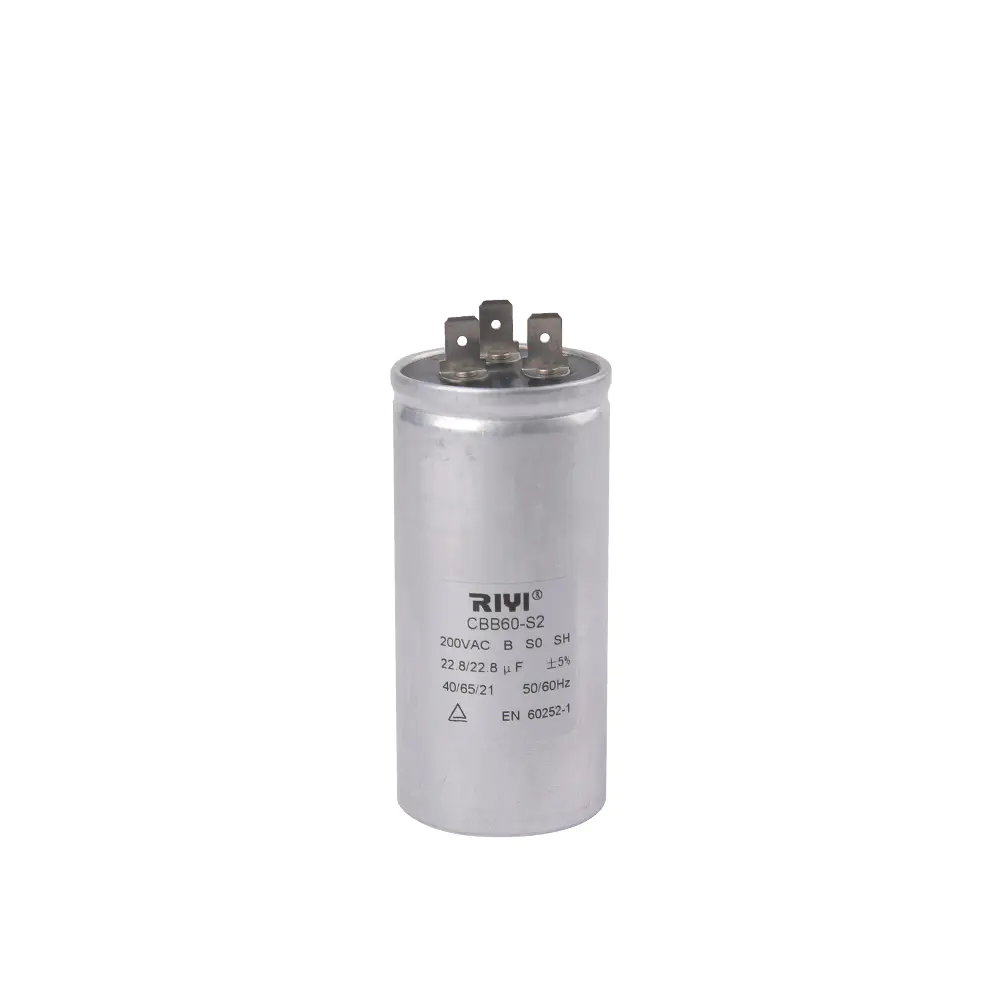
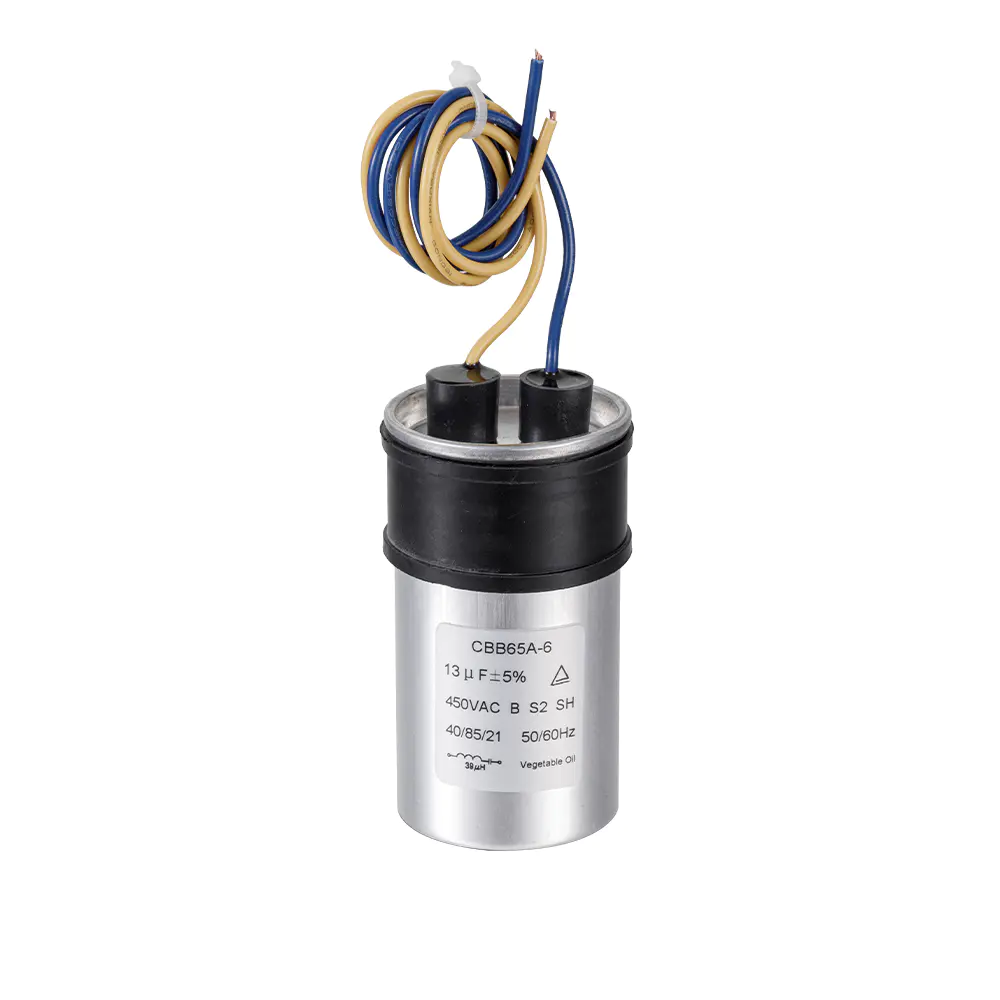
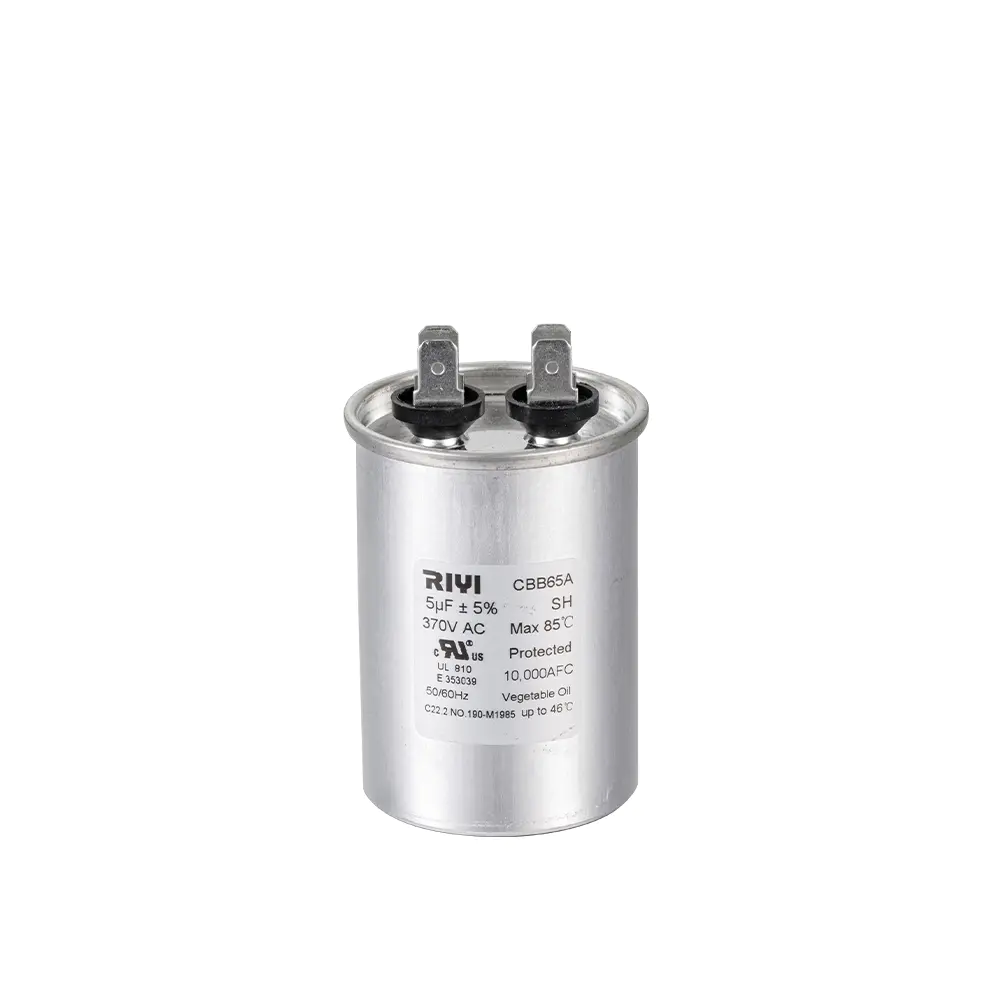
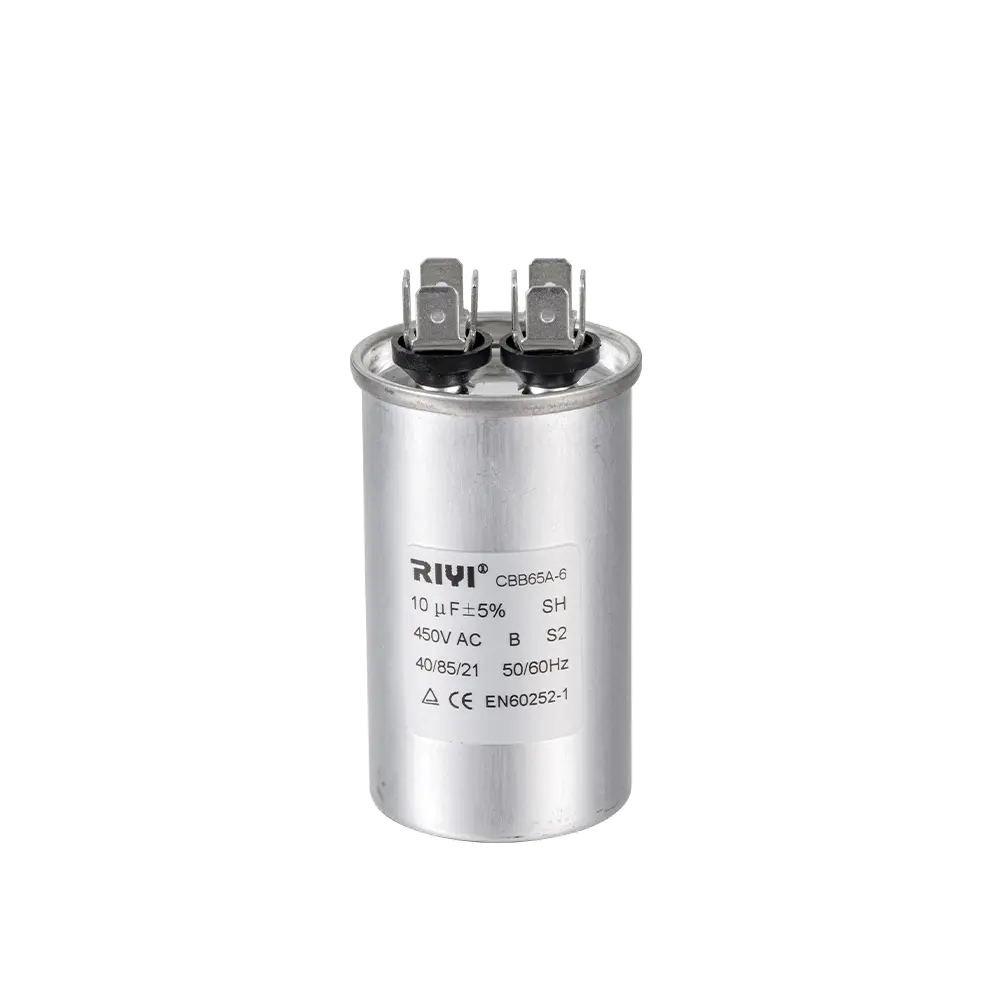
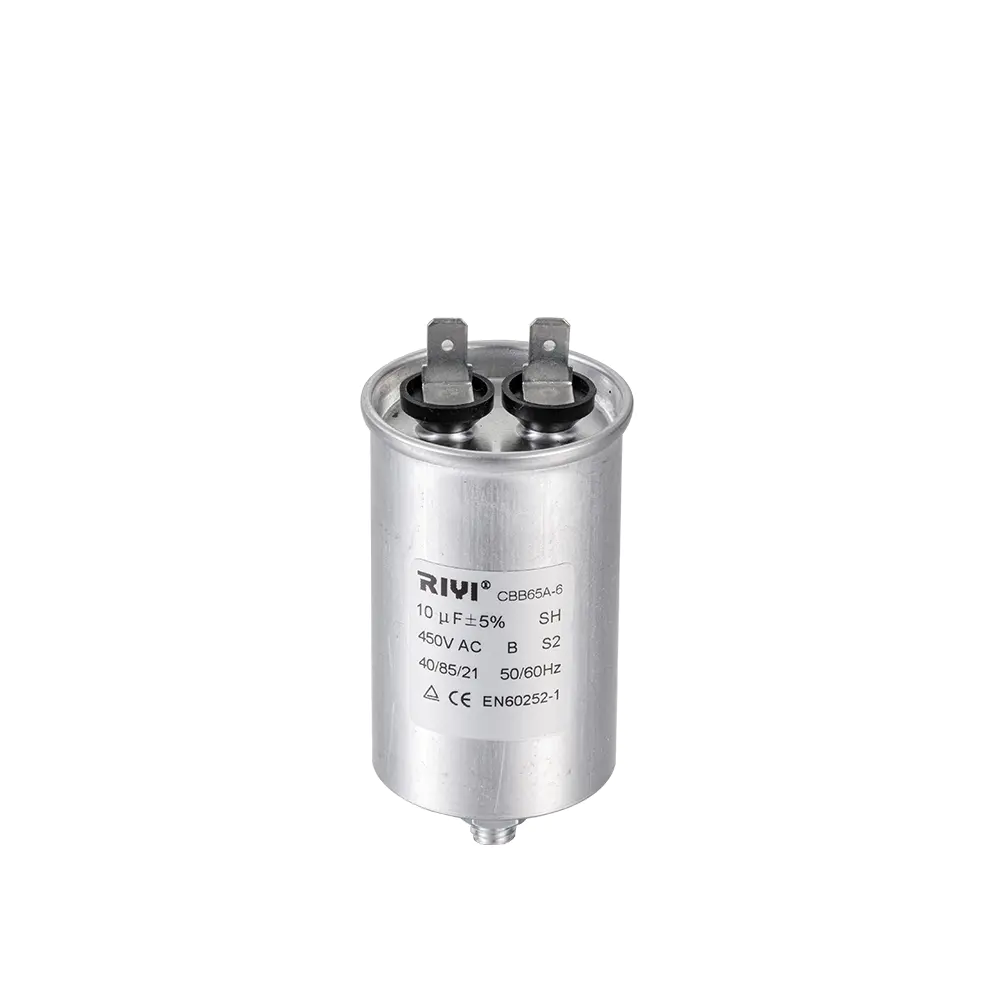
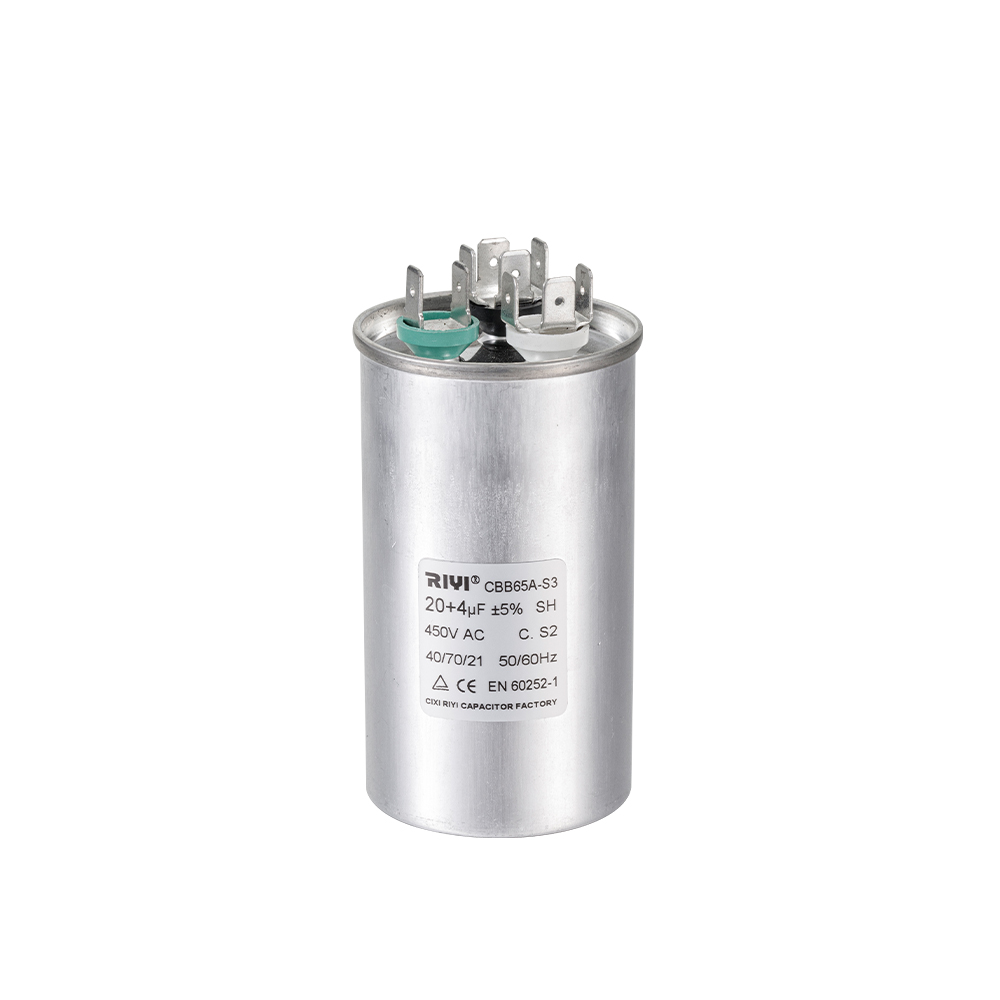
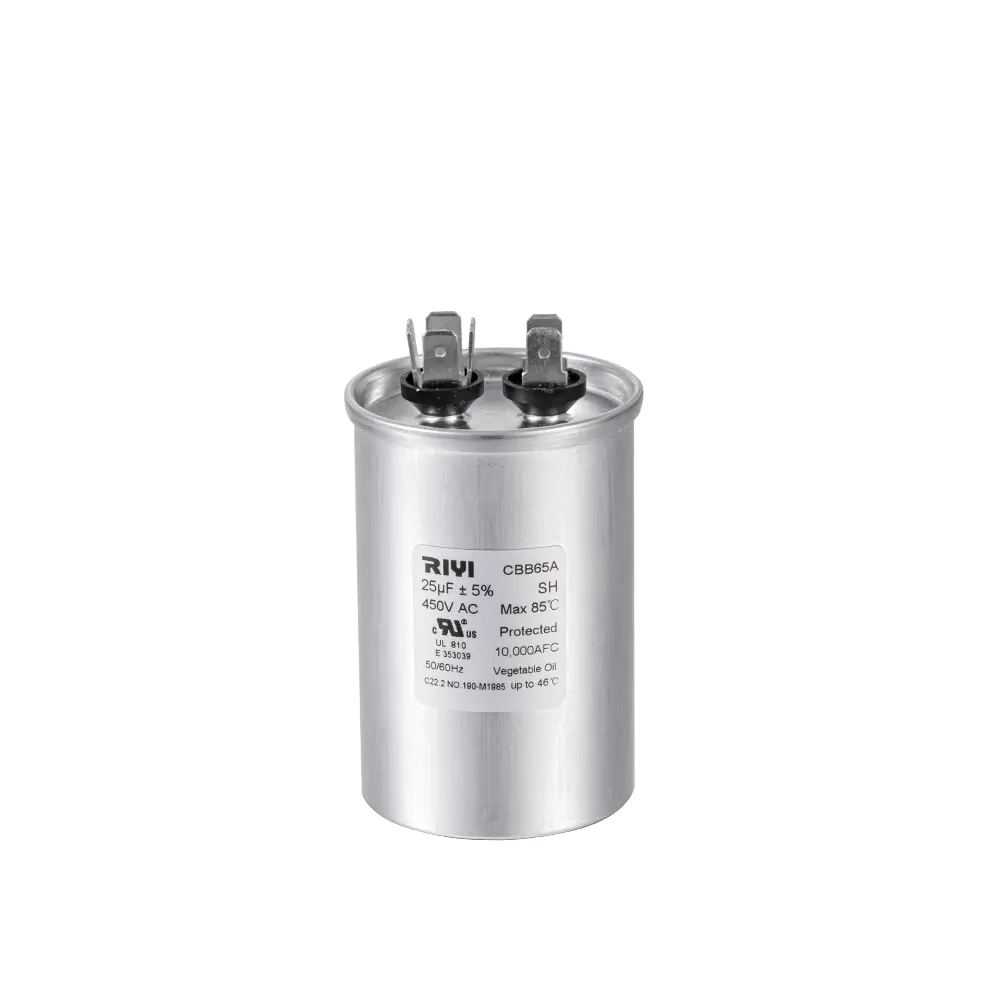
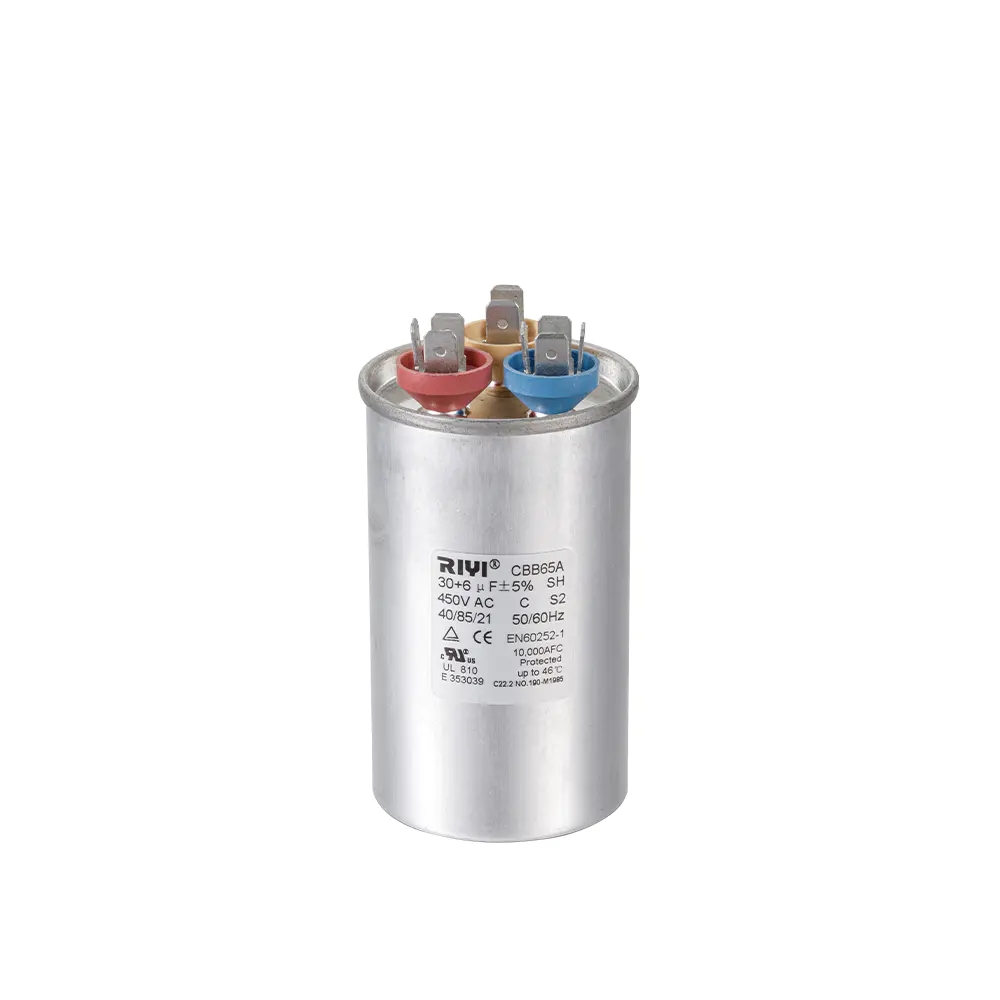
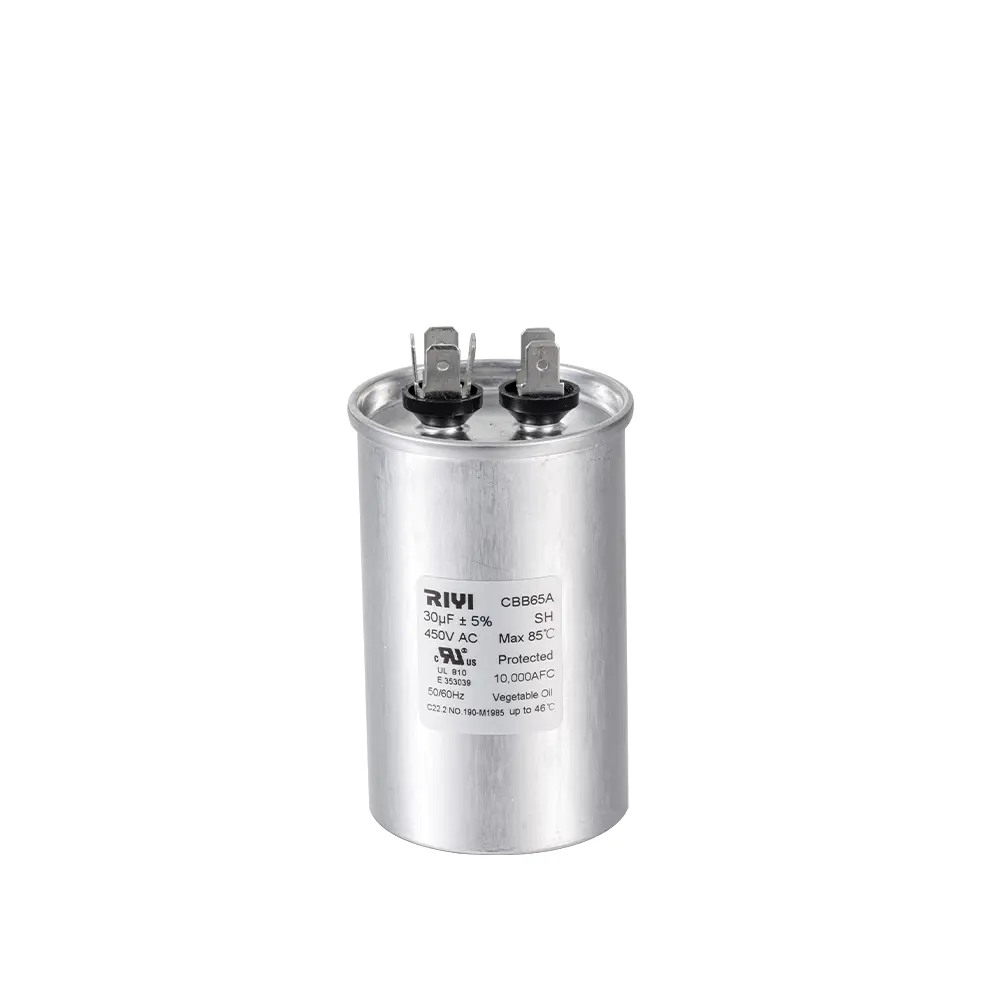

 +86-13600614158
+86-13600614158
 +86-0574-63223385
+86-0574-63223385 Zonghan Street,Cixi City,Zhejiang Province,China.
Zonghan Street,Cixi City,Zhejiang Province,China.